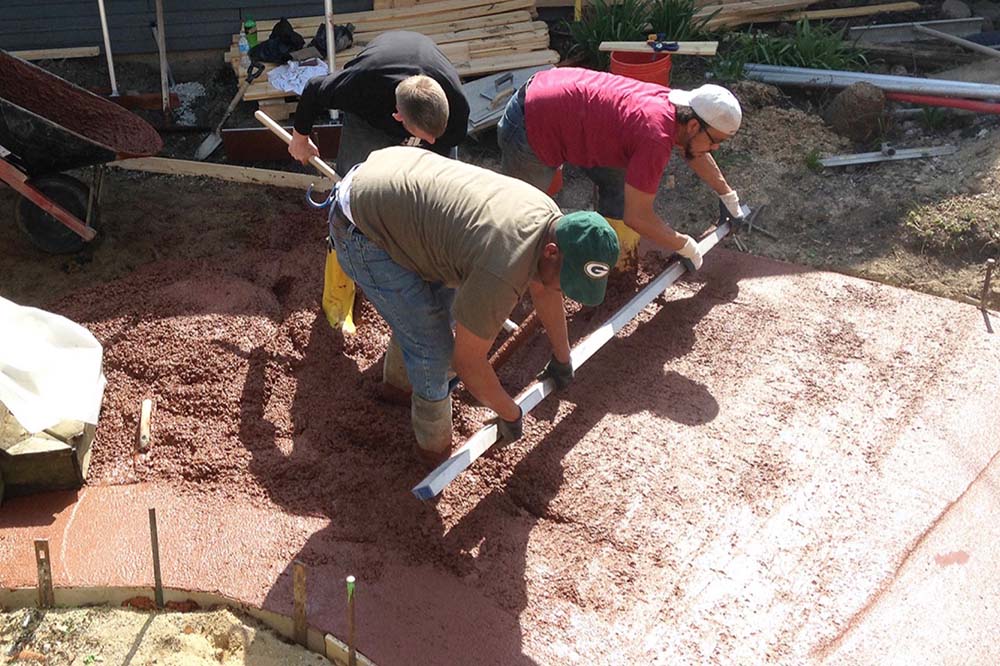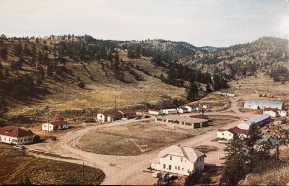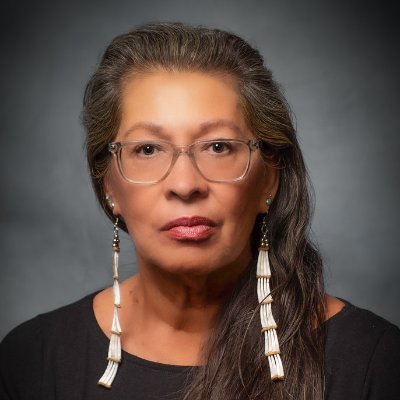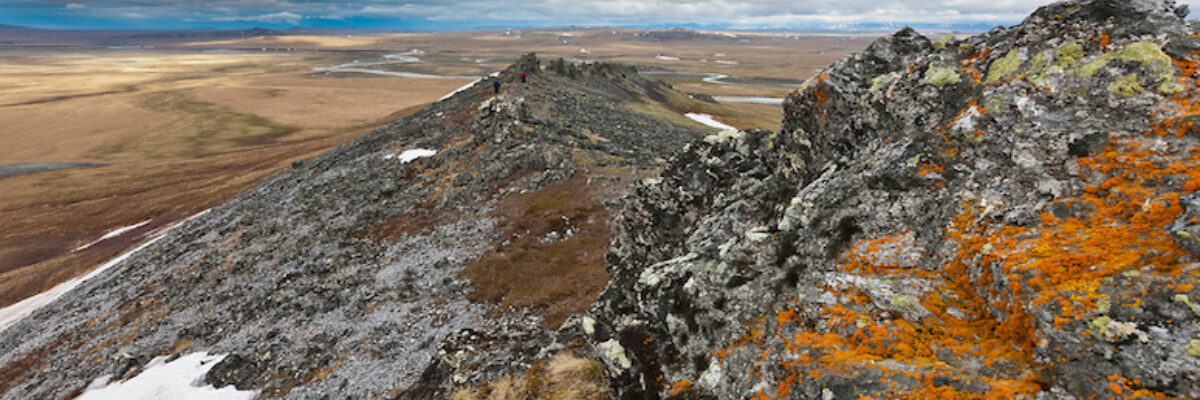
- Details
- By Native News Online Staff
Native Vote 2024. A North Dakota court has affirmed the voting rights of the state's Native Americans yesterday.
After North Dakota elected officials failed to redraw state electoral maps to ensure Native Americans are not denied a fair opportunity to elect state legislators, the U.S. District Court for the District of North Dakota ordered fair maps into place that will end the unlawful dilution of votes cast by Native Americans. In the same order, the court also denied the North Dakota Legislature's latest attempts to delay implementation of new state legislative maps.
The order was issued as part of a case challenging the North Dakota Legislature's 2021 redistricting plan filed by the Turtle Mountain Band of Chippewa Indians, the Spirit Lake Tribe and Tribal members from both Tribes. The new court-ordered map is the same redistricting plan proposed by the Tribes to the Legislature during the 2021 redistricting process, which the Legislature refused to adopt.
"The court properly recognized the voting strength of our tribal members must not be diluted," Turtle Mountain Band of Chippewa Chair Jamie Azure said in a statement." When I testified in favor of a fair redistricting plan to the members of the Legislature during the 2021 redistricting process, my words were ignored. It is unfortunate that litigation was required in order for a lawful plan to be put in place."
In November, the court found that the 2021 North Dakota Legislative District map dilutes votes cast by Native Americans in violation of Section 2 of the Voting Rights Act. Instead of using the opportunity provided by the court to draw a fair map, state officials filed legal motions seeking to delay the court order and to leave the discriminatory maps in place for 2024. As a result, despite receiving more time than courts typically provide to fix unlawful maps, the state missed the deadline to propose a remedial plan of its own.
"For so many years, generation after generation, Native people have had to defend their right to vote in North Dakota," Spirit Lake Tribal Chair Lonna J. Street said in a statement. "This court order marks a milestone closer to the day when Native people participate in redistricting and in elections as equals to our non-Native neighbors."
The Native American Rights Fund (NARF), Campaign Legal Center (CLC), and The Law Office of Bryan L. Sells represent the plaintiffs in their suit. Tim Purdon of Robins Kaplan LLP represents the Turtle Mountain Band of Chippewa Indians and the Spirit Lake Tribe.
"The tribal plaintiffs' hard-fought victory means Native American voters in North Dakota will be able vote in fairly and lawfully drawn legislative districts in this year's elections," NARF Staff Attorney Michael Carter said in a statement.
More Stories Like This
50 Years of Self-Determination: How a Landmark Act Empowered Tribal Sovereignty and Transformed Federal-Tribal RelationsMuscogee Nation and City of Tulsa Reach Agreement on Criminal Jurisdiction and Public Safety Collaboration
Panel on Ethical Tribal Engagement at OU Highlights Healing, Research and Sovereignty
Groundbreaking Held for Western Navajo Pipeline Phase I – LeChee Water System Improvement Project
Navajo Citizens Voice Mixed Reactions to Trump’s Coal Executive Order at Public Hearing
Help us tell the stories that could save Native languages and food traditions
At a critical moment for Indian Country, Native News Online is embarking on our most ambitious reporting project yet: "Cultivating Culture," a three-year investigation into two forces shaping Native community survival—food sovereignty and language revitalization.
The devastating impact of COVID-19 accelerated the loss of Native elders and with them, irreplaceable cultural knowledge. Yet across tribal communities, innovative leaders are fighting back, reclaiming traditional food systems and breathing new life into Native languages. These aren't just cultural preservation efforts—they're powerful pathways to community health, healing, and resilience.
Our dedicated reporting team will spend three years documenting these stories through on-the-ground reporting in 18 tribal communities, producing over 200 in-depth stories, 18 podcast episodes, and multimedia content that amplifies Indigenous voices. We'll show policymakers, funders, and allies how cultural restoration directly impacts physical and mental wellness while celebrating successful models of sovereignty and self-determination.
This isn't corporate media parachuting into Indian Country for a quick story. This is sustained, relationship-based journalism by Native reporters who understand these communities. It's "Warrior Journalism"—fearless reporting that serves the 5.5 million readers who depend on us for news that mainstream media often ignores.
We need your help right now. While we've secured partial funding, we're still $450,000 short of our three-year budget. Our immediate goal is $25,000 this month to keep this critical work moving forward—funding reporter salaries, travel to remote communities, photography, and the deep reporting these stories deserve.
Every dollar directly supports Indigenous journalists telling Indigenous stories. Whether it's $5 or $50, your contribution ensures these vital narratives of resilience, innovation, and hope don't disappear into silence.
 The stakes couldn't be higher. Native languages are being lost at an alarming rate. Food insecurity plagues many tribal communities. But solutions are emerging, and these stories need to be told.
The stakes couldn't be higher. Native languages are being lost at an alarming rate. Food insecurity plagues many tribal communities. But solutions are emerging, and these stories need to be told.
Support independent Native journalism. Fund the stories that matter.
Levi Rickert (Potawatomi), Editor & Publisher
















